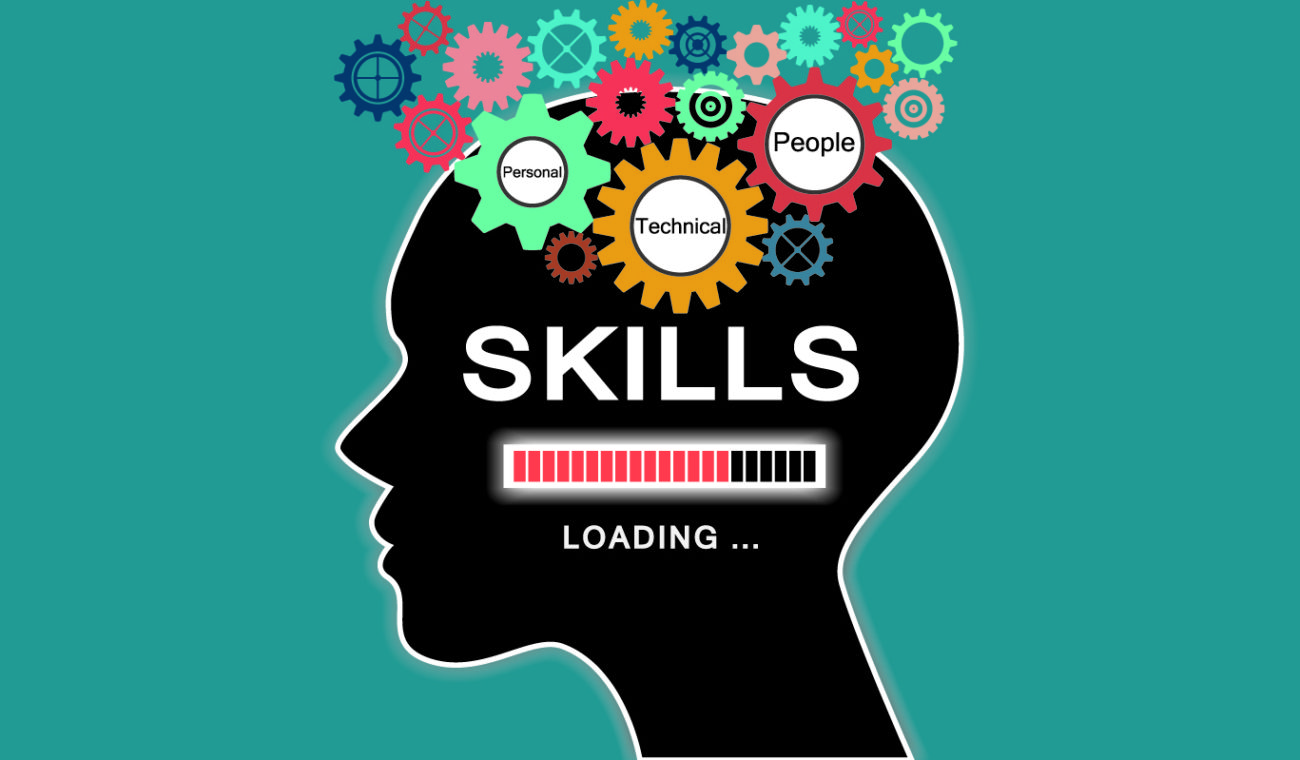Top Skills Employers Look for in New Graduates
Discover the essential skills employers seek in new graduates to boost your employability and kickstart a successful career.

Communication Skills
In today's interconnected world, communication skills are paramount. Employers are seeking graduates who can articulate their thoughts clearly, whether in written or verbal form. This involves not just speaking and writing, but also listening and understanding. Effective communication can bridge gaps in understanding and facilitate smoother workflows. For instance, being able to convey complex ideas in simple terms can be invaluable in team meetings or client presentations. Additionally, active listening skills help in grasping instructions and responding appropriately, ensuring that tasks are completed accurately and efficiently. Graduates who excel in communication can foster better collaboration, build stronger relationships, and often find themselves in leadership positions. In essence, the ability to communicate effectively can significantly impact a new graduate's career trajectory.
Problem-Solving Abilities
Employers highly value problem-solving abilities in new graduates. In any workplace, challenges and obstacles are inevitable, and the ability to tackle them head-on is a crucial skill. Problem-solving involves critical thinking, creativity, and the ability to work under pressure. For example, if a project hits a roadblock, a graduate who can analyze the situation, generate solutions, and implement the most effective one will stand out. This skill also encompasses adaptability, as solutions often require thinking outside the box and being open to change. Employers appreciate graduates who can not only identify problems but also propose and execute practical solutions. This proactive approach can lead to innovations and improvements within the company, making problem-solving a highly sought-after skill.
Teamwork and Collaboration
Teamwork and collaboration are essential skills that employers look for in new graduates. In most professional settings, working as part of a team is unavoidable, and being able to collaborate effectively is crucial. This involves understanding team dynamics, respecting diverse perspectives, and contributing constructively. A graduate who can work well with others is often seen as a valuable asset. For instance, successful collaboration can lead to the seamless execution of projects and the achievement of common goals. Moreover, teamwork fosters a supportive work environment where ideas can be freely exchanged, leading to innovation and improved productivity. Employers seek graduates who can navigate team settings with ease, demonstrating both leadership and cooperative skills.
Technical Proficiency
In a world increasingly driven by technology, technical proficiency is a significant asset. Employers expect new graduates to be comfortable with various digital tools and platforms relevant to their industry. This includes not only basic computer skills but also a deeper understanding of industry-specific software and technologies. For instance, a graduate entering the marketing field might need proficiency in analytics tools, while an engineering graduate should be familiar with CAD software. Staying updated with technological advancements and continuously learning new skills is crucial. Graduates who demonstrate technical proficiency can often improve efficiency and drive innovation within their organizations, making them highly desirable candidates.
Adaptability and Flexibility
In the ever-evolving job market, adaptability and flexibility are key traits that employers look for in new graduates. The ability to adjust to new situations, learn new skills, and embrace change is vital in today's fast-paced work environments. Employers value graduates who can pivot quickly when faced with unexpected challenges or changes in project scope. This skill often involves being open-minded and willing to step out of one's comfort zone. For example, a graduate who can transition seamlessly between different tasks or roles is often more productive and can contribute to a dynamic workplace culture. Adaptability not only ensures personal growth but also aligns with the evolving needs of the business, making it a critical skill for career advancement.